RETURN OF PRODIGAL FANTASY/1
- Aleksandr Kiselev

- Sep 11, 2023
- 3 min read
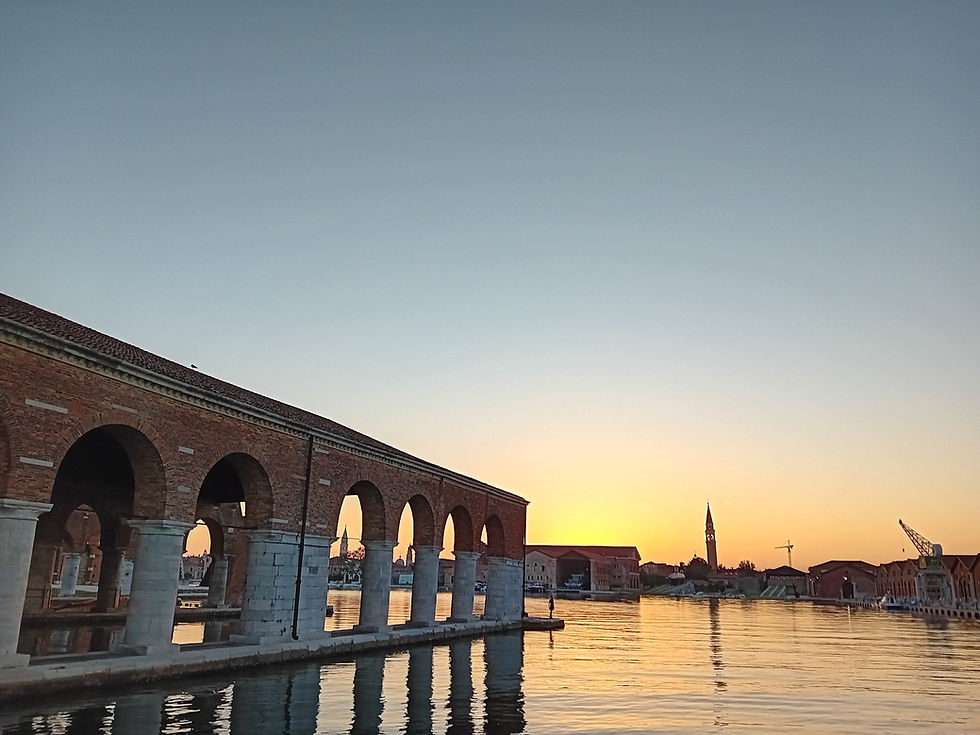
Venice cinema biennale – the notes…
20s of the 21st century. And magically, in magical Venice, films return to what the silver screen was famous for in the 1920s: to the format of illusion, to the technocratic macabre. To the desire to surprise the viewer. Make them drop their jaws in surprise - not close their eyes in horror. Fantasy was released from the dungeons; crazy ideas escaped from rejected (by producers) scripts. The producers, apparently, have also thrown caution to the wind. Yes, for a variety of reasons (simple and complex) now is not the time for the producers to be frugal. The 20s of the last century are marked by amazing film experiments, most of which are known to only a few. And now it seems that reincarnation is happening. Of course, the latest technologies help make “Snow Whites” smile when they wake up. The 2023 festival recorded an amazing moment of perfect balance between the author's fantasies and possibilities offered by technology. Rare -almost impossible -harmony.
The main award is, of course, Poor Things (Yorgos Lanthimos). It's a macabre retrofuturist Victorian horror with black comedy inside, adapted by screenwriter Tony McNamara from the 1992 novel by Alasdair Gray. London Review of Books wrote about the novel: 'A magnificently brisk, funny, dirty, brainy book'. The Independent – «'Visionary, ornate and outrageous'». This story of scientific daring whirls the reader – and now the spectator - from the private operating-theatres of late-Victorian Glasgow through aristocratic casinos, low-life Alexandria and a Parisian bordello. On the screen – the artificial world, shot as pure fantasy. Emma Stone is hilarious as the Bella Baxter, the experimental subject of anatomist Dr Godwin Baxter (Willem Dafoe).
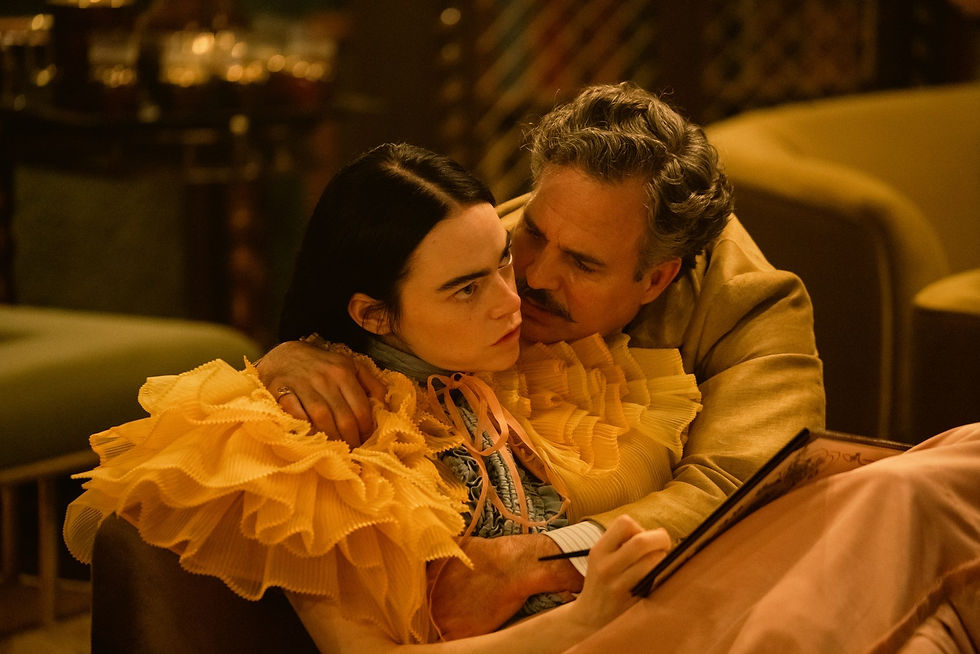
As we know, in addition to a purely medical purposes, anatomical theaters are a specific cultural phenomenon of the Baroque era: theatrical dissection of corpses by doctors in ceremonial costumes. The director, always prone to a kind of social surrealism, presented an extravagant story, drawing parallels with Mary Shelley’s Victor Frankenstein and Shaw’s Henry Higgins, winking at Bosch and Lynch, and at the same time including a lot of feminist lyrics, packaged in quiet an unexpected way. Emma Stone's heroine has something of Herzog's Kaspar Hauser and of the miserable and comical dolls from forgotten film masterpieces of the 1920s.
“Daalii” (Quentin Dupieux) demonstrates wonderful examples of absurdity.
That’s tricky contemplation on the myth of Salvador Dalí as showman. It's less about Dalí himself, more about the difficulty of capturing his mercurial essence. The phlegmatic attempts of a journalist (Anaïs Demoustier) to interview Surrealism’s extravagant sacred monster.
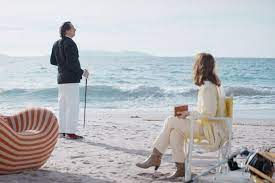
The journalist is wonderful in her cold-blooded stubbornness - and the actress demonstrates the restraint of Buster Keaton. Four French movie stars engage in Salvador Dali's escapades - throwing the role to each other like a ball. For those in the know, there are some wonderful references to Buñuel. There are a lot of hidden skillful references to Buñuel in general. But this is not an exercise in stylization - but a reminder: after all, these two, Dali and Buñuel, made “Un chien andalou” together a hundred years ago while running wild together.
The director works with forgery of the style of Buñuel in his late French period (The Discreet Charm of the Bourgeoisie, The Phantom of Liberty). But he also plays almost every old cinema trick: optical illusions, backwards motions and etc. Second-hand market transforms into a brilliant circus.
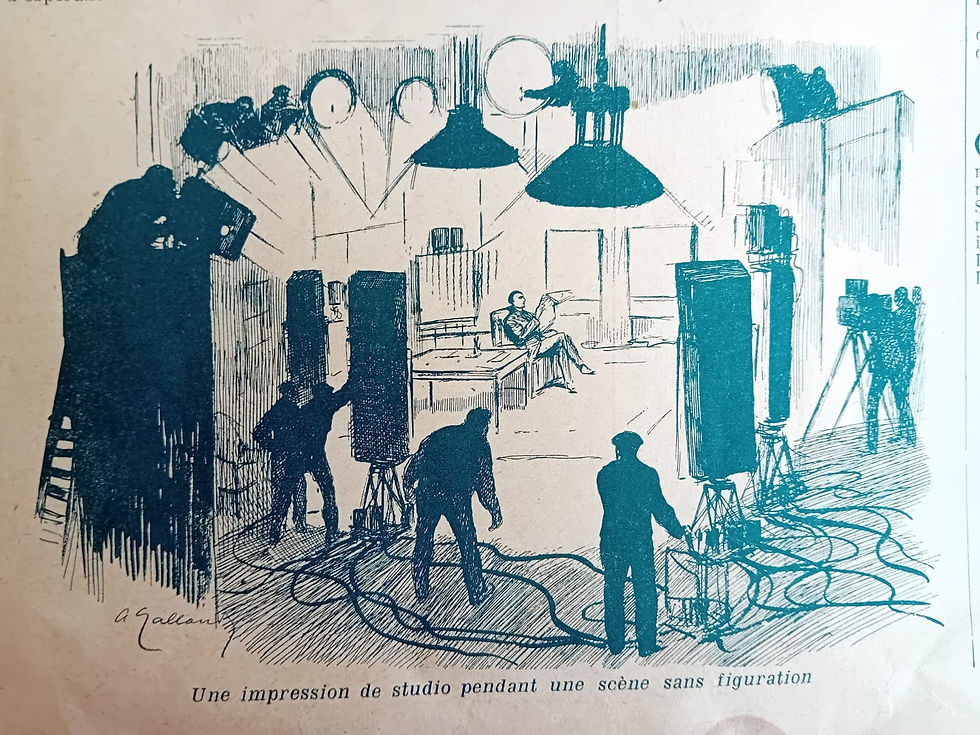
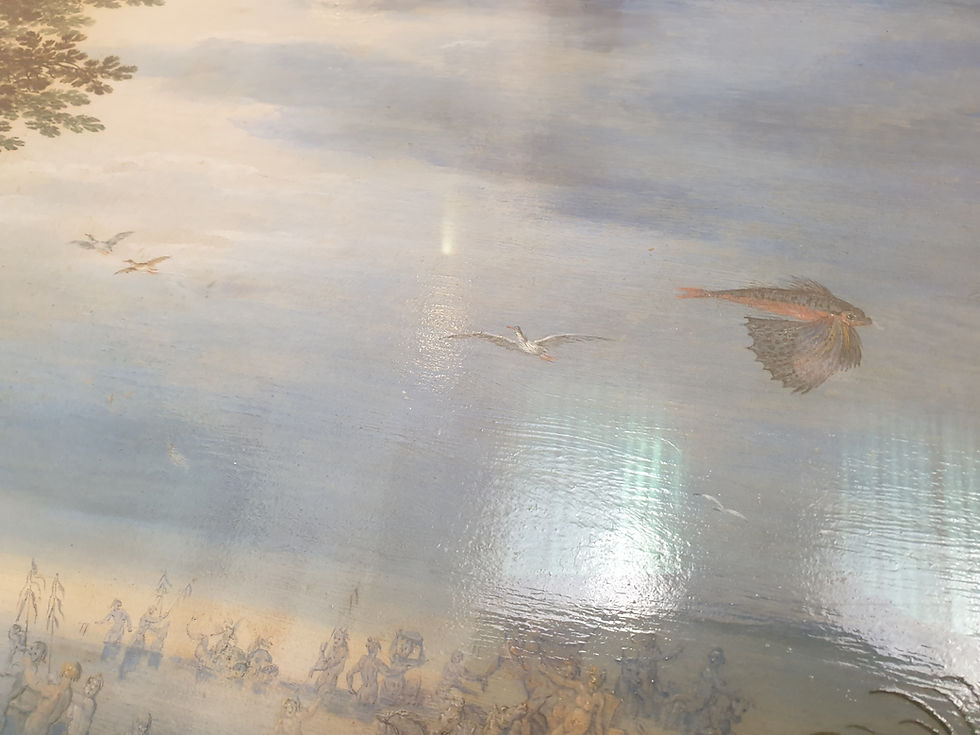

Comments